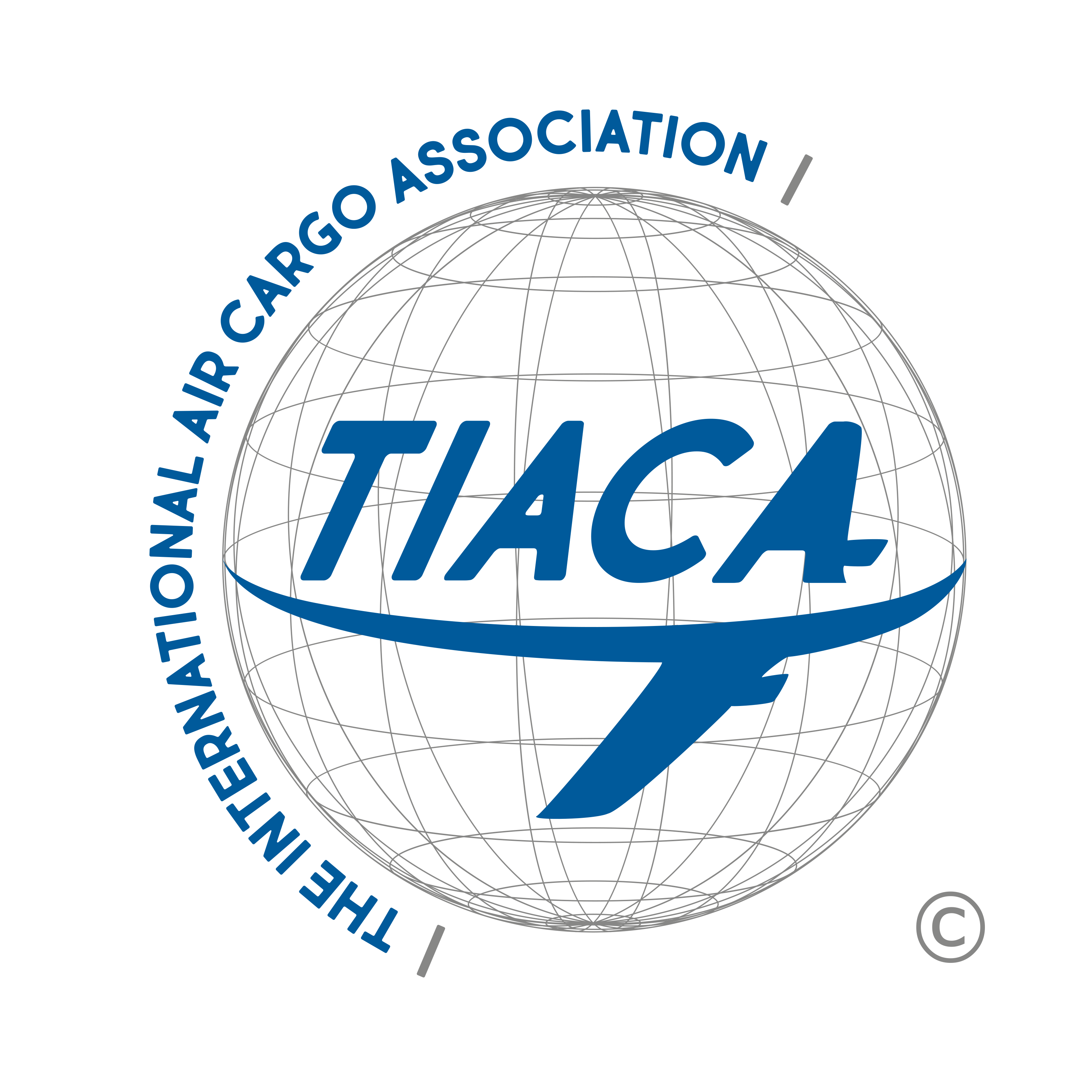The Role of the Freighter From the GSA Perspective During COVID and Going Forward Into the Recovery
Article Submitted by Airline Services International – TIACA Trustee and Board Member
Written by: Joe Lawrence, Airline Services International
The role of GSA is one that requires an in-depth knowledge of their local market, in order to balance the expectations of their carriers with the current market demand. Since 2020 and the beginning of the COVID-19 pandemic, that balance has become harder to maintain, with fluctuating demand and travel restrictions playing havoc on the ability to provide guaranteed capacity or reasonable transit times. And, while the most obvious solution was utilizing freighter aircraft, the rush to purchase or lease these aircrafts meant the availability became non-existent. As many of these freighter purchase orders and leasing agreements are still in play and yet to be fulfilled, the question now is: do we still need them?
As scheduled passenger airlines resume their full schedules, the requirements for freighter capacity will be impacted. With yields continuing to decline, freighter operators will not be able to demand the current pricing, increasing the cost of round-trip operations. During the pandemic operators were able to demand extremely high yields and were able to provide one-way charters. This will no longer be possible, as customers will not need to accept the high cost. Freighter aircraft are only as good as your ability to fill them and lack the dual revenue stream of a passenger aircraft to offset some of the costs. The need for freighters is also hugely market dependent. For those in a predominantly export market, the need for freighter capacity will decline but not as sharply as those in predominantly import markets like Canada.
However, we also saw during the pandemic that a lack of freighter capacity was huge obstacle to some carriers, grinding their revenue to a halt, until they were able to repurpose their passenger aircraft to P2 Freighters. This conversion process was slow to start, and should there be another global pandemic in the future, every carrier would benefit from having access to freighters to quickly adapt to any travel restrictions. For GSAs a carrier with a mixed fleet is always a more attractive partnership, as it allows the GSA to sell a broader array of products.
The answer to the initial question (Do we still need all those freighters?), is yes, but balance is key. Freighters are still a necessity and compliment any scheduled operation, but we must be realistic about the demand beyond COVID and the subsequent restrictions to passenger travel. While some in the industry believe that the demand for freighters will continue to increase, it’s the responsibility of the GSA to be an expert in their local market, providing carriers with the knowledge and guidance to best position themselves. GSA’s must be honest and realistic regarding their market’s requirements (not just hopeful) and carriers should rely on their GSAs to provide the most accurate picture of their current needs to avoid oversaturating the market with unnecessary and costly freighter aircraft.

